Getting a good night’s sleep regularly is the not-so-secret weapon for good health. While scientists don’t yet fully understand all what happens in our brains and bodies during sleep, we know that it is critically important for good health. Chronically under-sleeping or chronic poor-quality sleep will have a major impact on your health. Despite this, many of us have trouble falling asleep and staying asleep each night. Our lives are stressful, and this chronic stress makes it difficult for our brain and body to calm down sufficiently for rest. Thankfully, however, there are many things that we can do to improve our sleep. One of these is by drinking sleep-promoting beverages before bed. These are the best bedtime drinks to help you sleep through the night.
Bedtime Drinks That Help You Sleep
There are a lot of reasons why you may be having trouble falling asleep at night. Simply drinking a specific beverage may or may not address all the reasons behind why you are struggling to sleep, but they can certainly help. If you are continuously struggling, you should look at your daily routines, daily stressors, diet and exercise routines to determine what you can change in order to promote sleep. If you still struggle, go see your doctor, who can help determine the underlying cause behind your difficulty. Still, trying these nighttime drinks for better sleep is worth a try.
1. Lemon Balm Tea
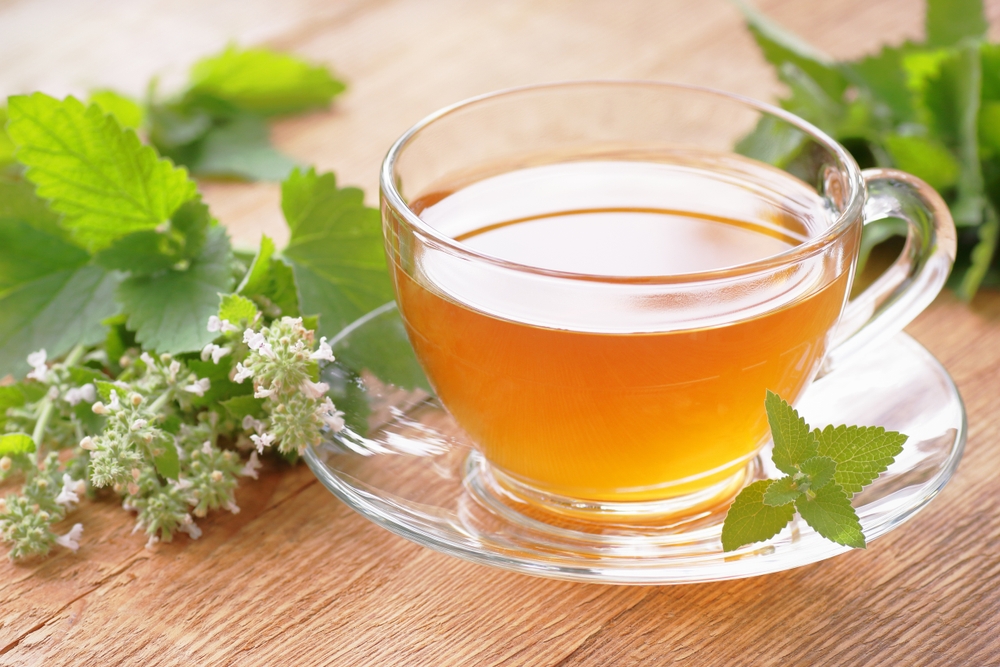
Lemon balm tea has long been used as a natural sleep aid and is known for its calming properties. Research has shown that lemon balm may help reduce total sleep disturbance, making it a popular choice for those struggling to get proper rest each night. Its mild flavor and citrus tones can help induce relaxation and aid in digestion. Poor digestion can often be a culprit that leads to poor sleep. Drinking lemon balm tea helps to promote digestion and therefore aids in having a higher-quality sleep.
2. Lavender Tea
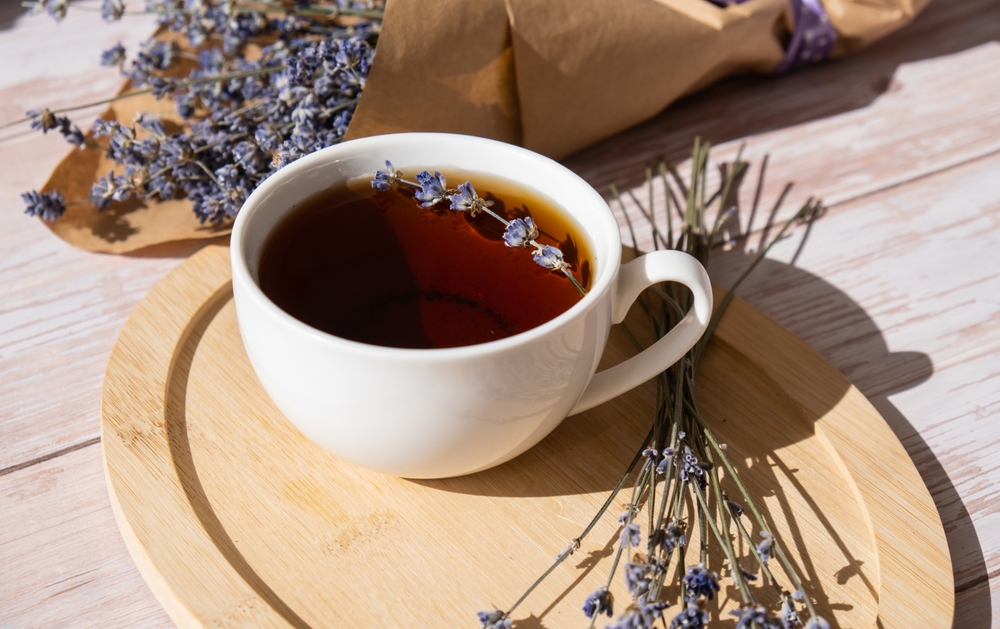
Lavender tea is another popular bedtime drink known for its calming and soothing effects. Studies suggest that lavender tea can help improve sleep quality by reducing fatigue and stress levels. Often lavender teas come as blends with chamomile and lemon balm, making this tea a relaxation-promoting powerhouse and the perfect bedtime drink.
3. Passionflower Tea
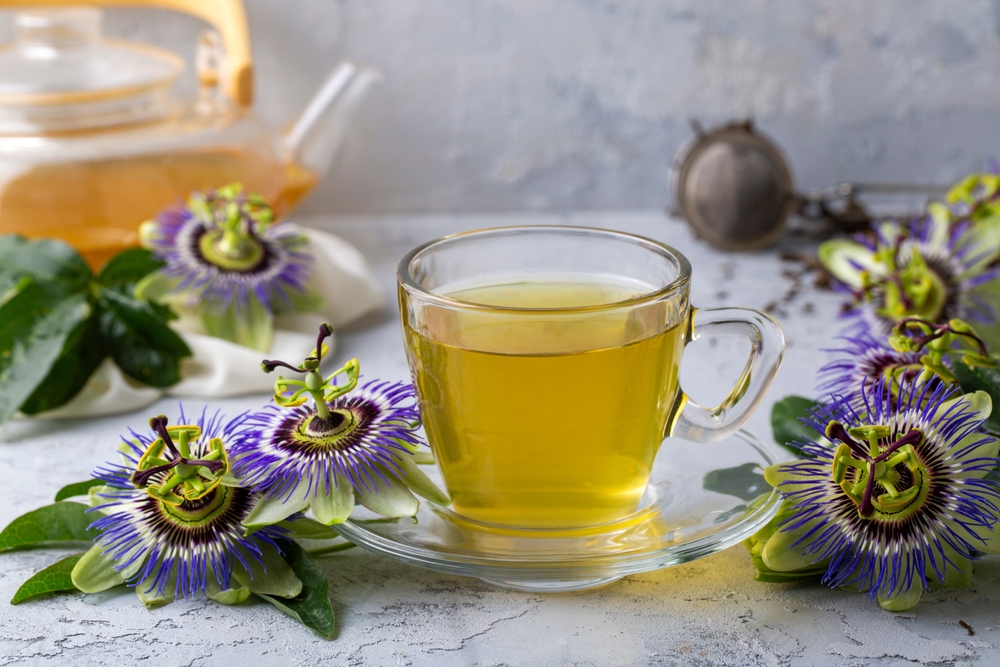
Passionflower tea has shown to aid in sleep, although scientific research on its effectiveness is limited. Studies on animals have shown an increase in total sleep time after consuming passionflower extract. Passionflower tea is a flavorful option for those looking to relax before sleep.
4. Decaffeinated Green Tea
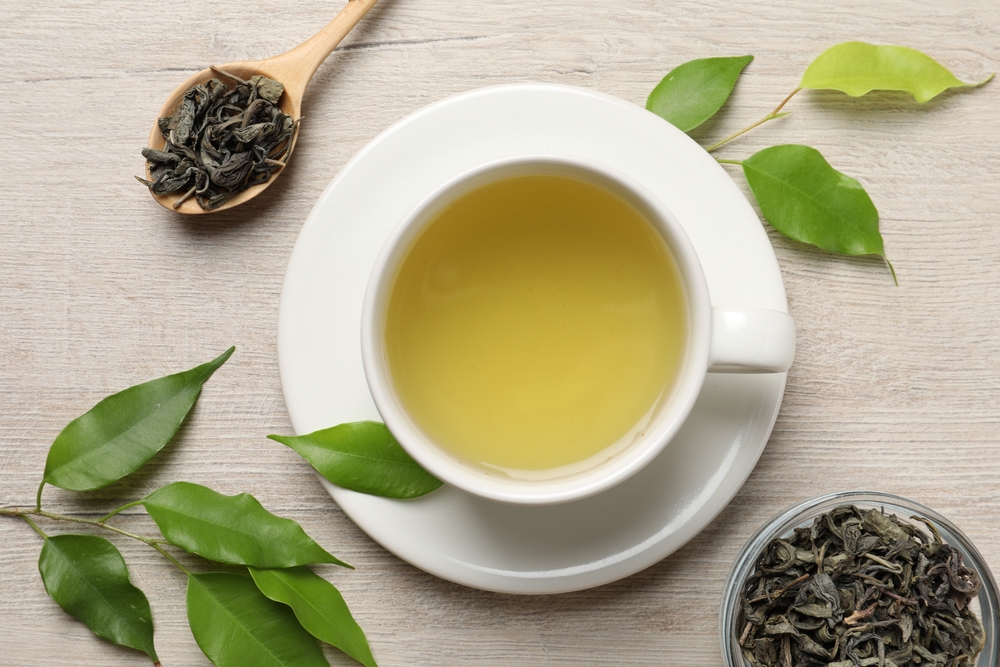
Green tea is normally used as a morning drink due to its caffeine content. Green tea also, however, contains substances that may promote sleep by acting on the GABA system in the brain. Drinking decaffeinated green tea before bed has been shown to improve sleep quality. Choosing decaffeinated ensures that the stimulating effects of caffeine do not interfere with sleep.
Read More: Trouble Sleeping? Try One of These Natural Sleep Remedies | Dr. Mike
5. Tart Cherry Juice
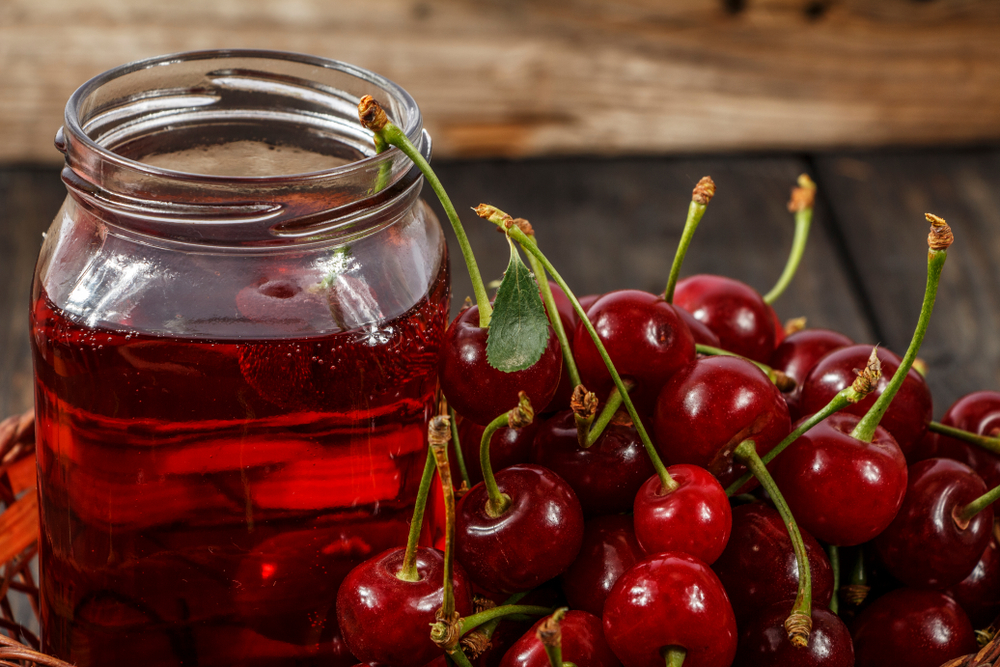
Tart cherry juice has a high melatonin content as well as anti-inflammatory properties, all of which have been associated with improved sleep. Studies have shown a reduction in insomnia severity and an increase in sleep time and efficiency after consuming cherry juice. This natural alternative to melatonin may be beneficial for those looking to enhance their sleep quality.
6. Magnolia Bark Tea
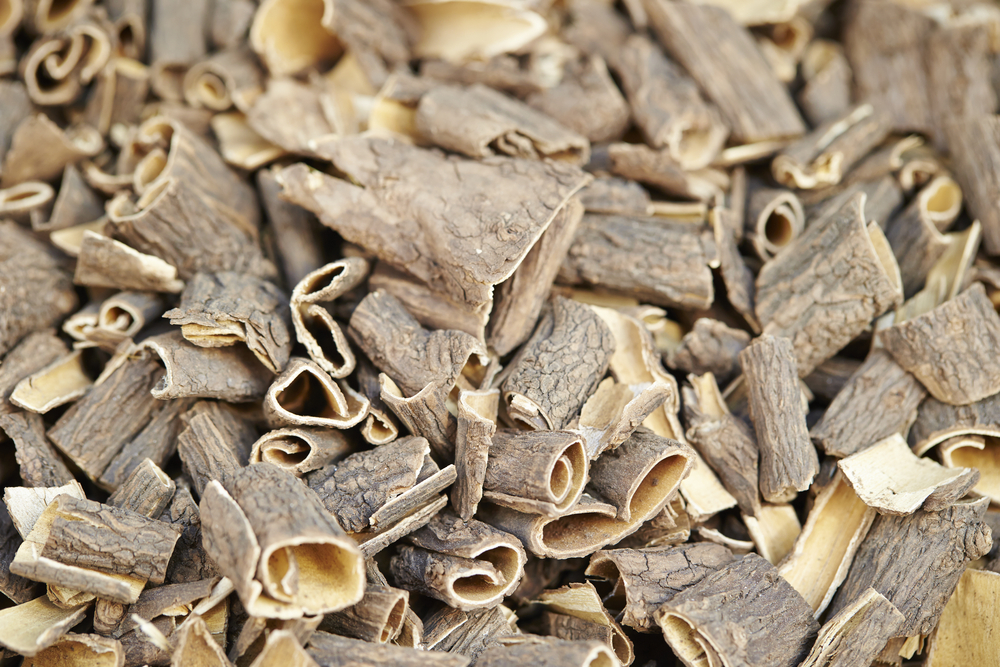
Magnolia bark tea has been tested for its sleep-promoting effects, particularly for women going through menopause. The compounds present in magnolia bark interact with the GABA system, facilitating a state of relaxation that aids in falling asleep. This natural tea offers convenience and potential benefits for those seeking a natural remedy for sleep issues.
7. Milk
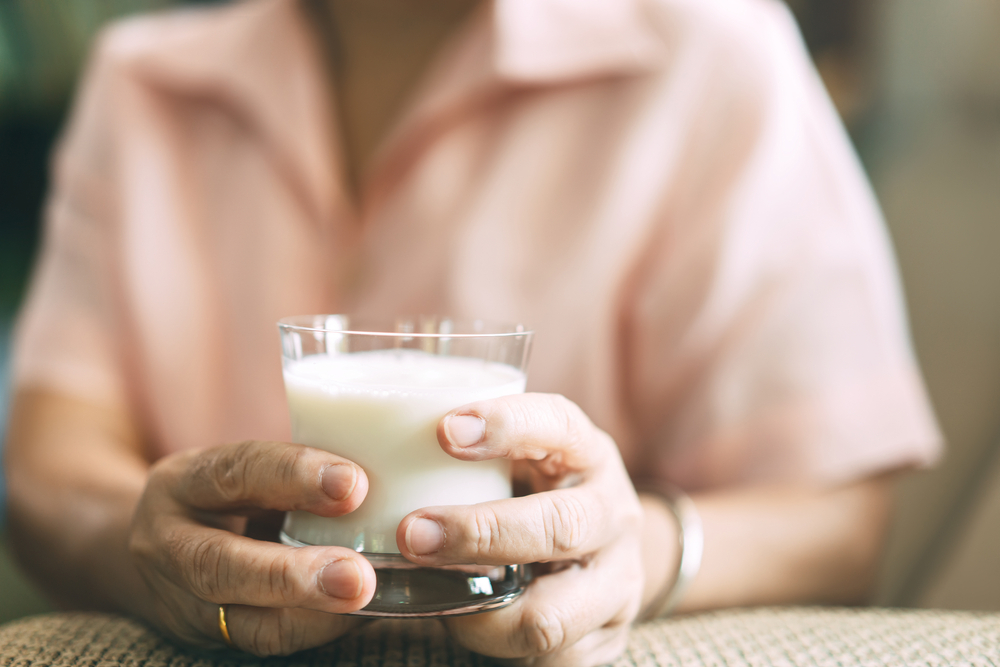
You’ve perhaps heard of tryptophan, an amino acid that converts into serotonin and melatonin and therefore promotes relaxation and sleep. Milk has a fairly high concentration of tryptophan. While studies specifically focusing on milk’s role in improving sleep are limited, including milk in a balanced diet has been associated with enhanced sleep quality. Warm milk before bedtime may offer a comforting and soothing ritual to support a restful night’s sleep.
8. Almond Milk
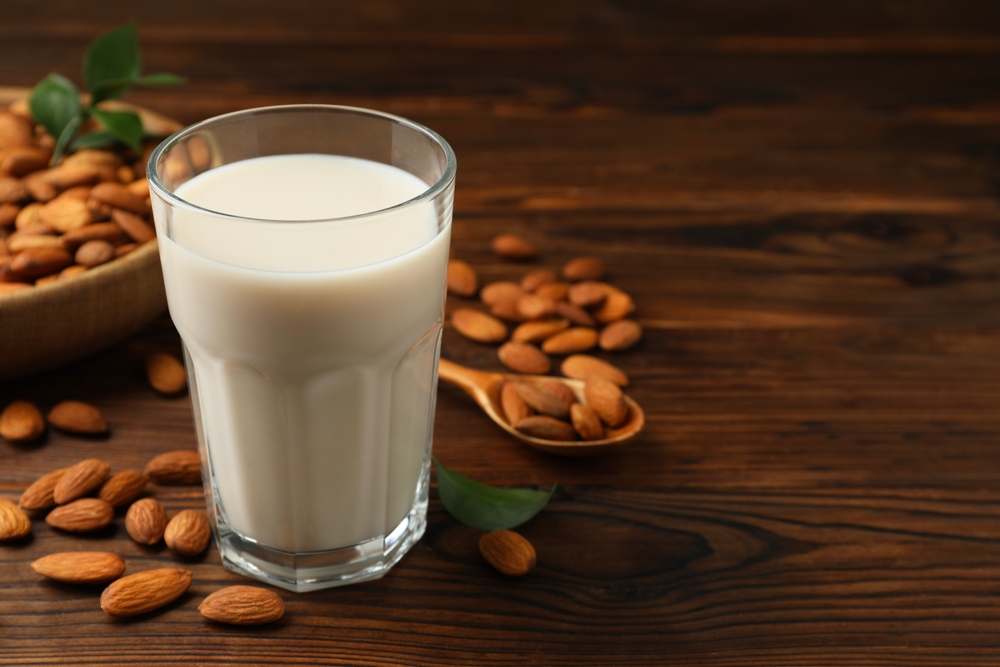
If you are unable to drink cow’s milk, there is a vegan/vegetarian alternative that can still help. Almond milk, made from whole almonds, may offer benefits for sleep due to both its tryptophan and magnesium content. While findings on the relationship between magnesium and sleep are mixed, almond milk provides a dairy-free option rich in essential nutrients. Magnesium is known to help relax muscles, therefore helping the whole body to relax before bed. It is important to note that almond milk is not suitable for individuals with nut allergies.
9. Chamomile Tea
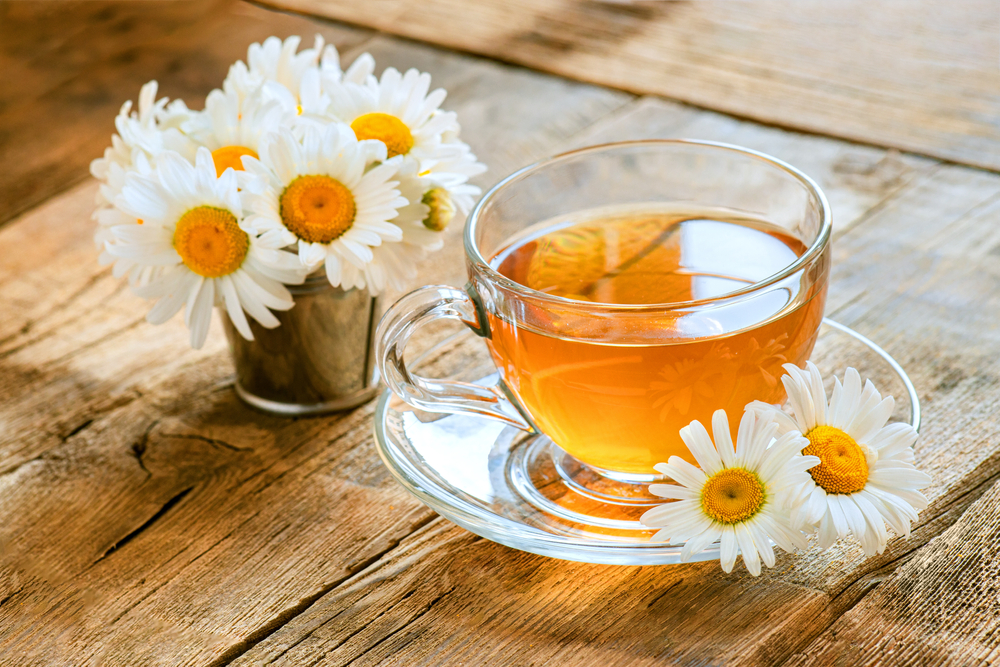
Chamomile tea has long been promoted as a sleep aid. This is due to its well-known calming properties, making it a popular choice for promoting relaxation and sleep. The soothing effects of chamomile tea are attributed to its flavonoids, which can help reduce anxiety and induce a sense of calm before bedtime. This caffeine-free herbal tea is a gentle option for winding down at the end of the day.
10. Valerian Root Tea
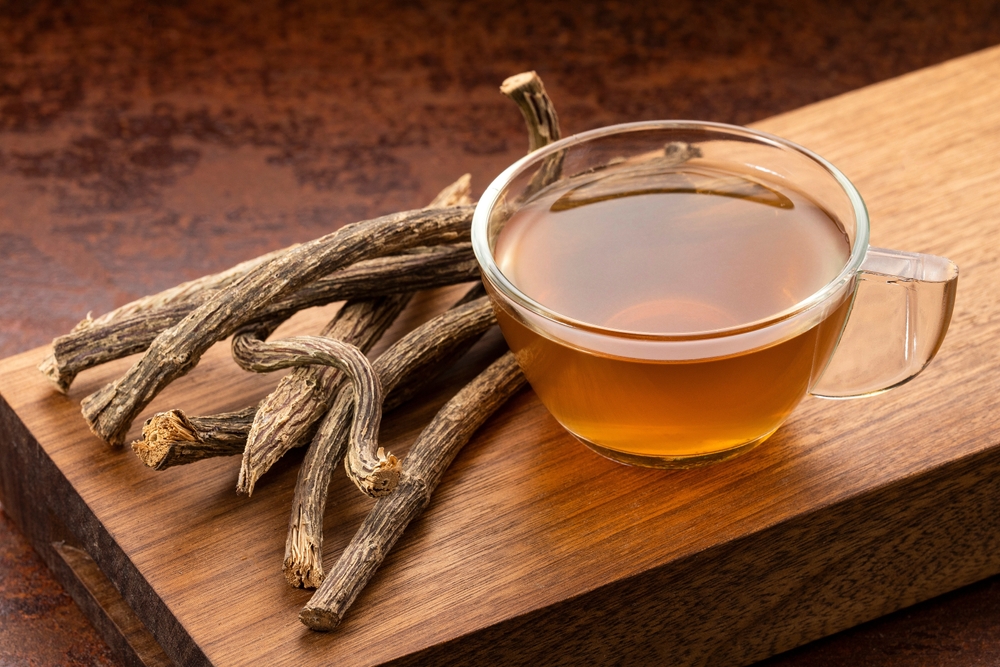
Valerian root tea is a herbal remedy often used to treat sleep disorders and promote relaxation. Studies have suggested that valerian root may improve sleep quality and reduce the time it takes to fall asleep. This tea may be beneficial for individuals struggling with insomnia or seeking a natural aid for achieving restful sleep.
The Bottom Line
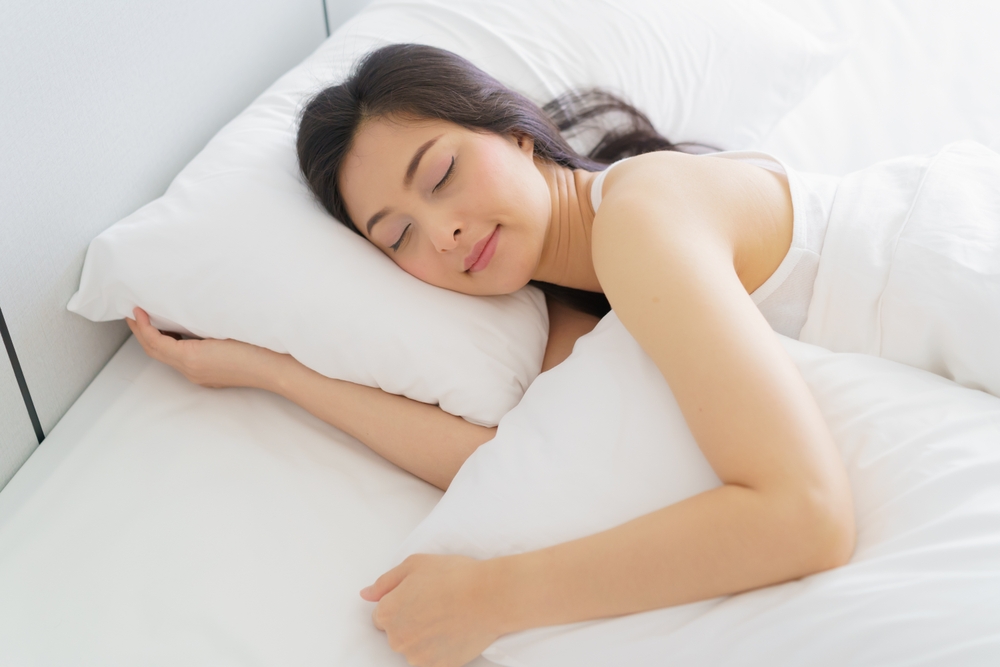
Incorporating these natural bedtime drinks into your evening routine can help to create a relaxing atmosphere conducive to better sleep quality. However, individual responses to these drinks may vary, so it’s important to consider personal preferences and consult with a healthcare professional if you have any underlying health conditions or concerns related to sleep.
Disclaimer: This information is not intended to be a substitute for professional medical advice, diagnosis or treatment and is for information only. Always seek the advice of your physician or another qualified health provider with any questions about your medical condition and/or current medication. Do not disregard professional medical advice or delay seeking advice or treatment because of something you have read here.
Read More: Can Magnesium Oil on Feet Boost Sleep Quality and Ease Pain?
